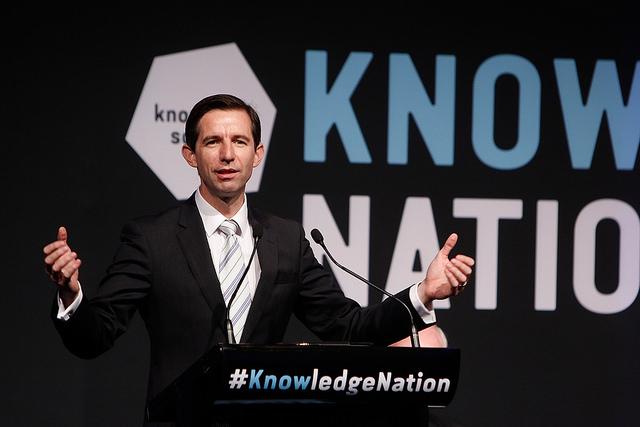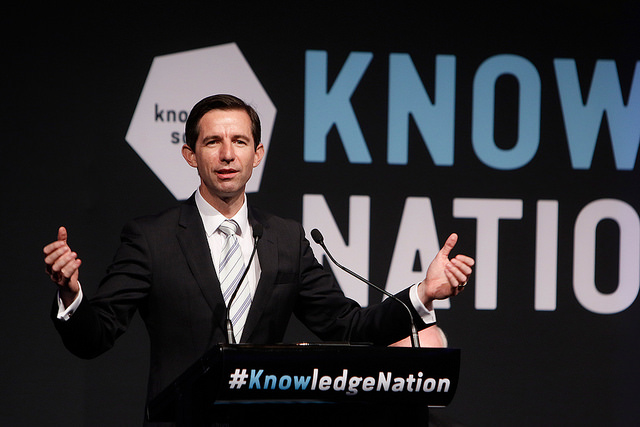The Australian Minister for Education and Training, Mr. Simon Birmingham, recently announced funding of $416.6 million towards the Australian Research Council’s (ARC) National Competitive Grants Programme.
The minister said this funding was a crucial and timely investment in ensuring a “smart Australia”; promoting innovation and results that would benefit every Australian.
“This funding represents a significant investment in a wide variety of fundamental and applied research projects, growing Australia’s research capacity and infrastructure, and supporting the next generation of researchers,” said the Minister Birmingham .
Solar energy, battery energy storage and related technologies were a priority; with several other projects being funded including:
- $652,000 for research work at the University of Wollongong to foster development of innovative technologies for superior performance lithium-ion batteries for portable electronic devices such as electric vehicles.
- $904,000 for research works in conducting polymer materials; which along with other benefits may result in energy storage application and wearable displays (Associate Professor Drew Evans – University of South Australia).
- $652,000 allocated for the research and development of low-cost, better performing renewable energy storage solutions using metal boranes (Dr. Mark Paskevicius – Curtin University of Technology).
- $652,000 for a project focused on improving the design of photovoltaic, solar energy storage, and nano-catalytic devices by way of electronic coupling and nano-scale engineering of two-dimensional nano-junctions (Dr. Ting Liao – Queensland University of Technology).
- $332,000 has been set aside for the research and development of ecologically benign polymer solar cells. (Professor David Lewis; Professor Mats Andersson; Dr. Warwick Belcher; Professor Olle Inganäs – University of South Australia).
- $310,000 for research on two-dimensional graphitic carbon nitride heterostructures for solar hydrogen production. (Associate Professor Aijun Du; Professor Dr. Thomas Frauenheim – Queensland University of Technology)
- $315,000 to be used for developing anodisation methods and materials for solar water splitting – (Dr. Yun Hau Ng; Dr. Judith Hart; Dr. Jason Scott; Dr. Akihide Iwase – University of New South Wales)
- $300,000 allocated towards a project focusing on developing nanostructured lead-free oxide perovskites for solar energy applications. (Dr. Danyang Wang; Dr. Xin Tan; Professor Jiyan Dai – University of New South Wales)
Several more solar energy and storage related projects gained a guernsey. A more detailed list of all the projects that received funding can be viewed here.



